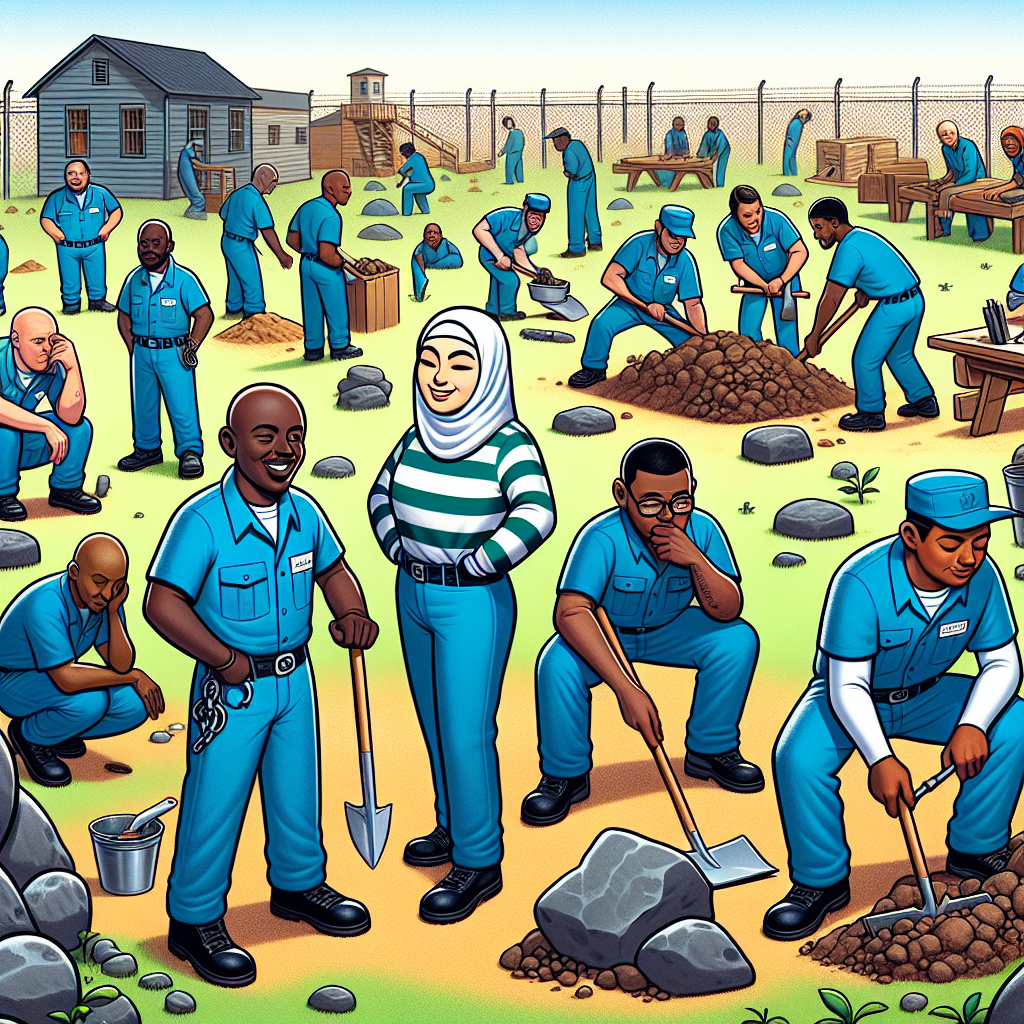UN Experts Urge Bolivia to Address Prison Overcrowding and Access to Justice After Torture Prevention Visit
Recommendations Focus on Strengthening Oversight, Improving Living Conditions, and Upholding Rule of Law.

The UN Subcommittee on the Prevention of Torture (SPT) has raised concerns about Bolivia's high rates of pretrial detention, prison overcrowding, and poor living conditions in detention facilities. These observations follow the SPT's third official visit to Bolivia, conducted from December 1 to 12, 2024, during which the delegation visited 34 detention facilities across six departments.
SPT delegation leader Marie Brasholt highlighted the pervasive issue of pretrial detention, which contributes significantly to overcrowding in Bolivia’s prisons. “High numbers of preventive detentions require a profound assessment of their implications for the rule of law,” she stated. She emphasized the need for judiciary and other stakeholders to address the misuse of pretrial detention as a default measure.
Wide Range of Facilities Inspected
The delegation inspected a diverse array of detention facilities, including men’s and women’s prisons, juvenile centres, police stations, psychiatric hospitals, drug rehabilitation centers, a children’s home, and a military barracks. Confidential interviews were conducted with detainees and staff, allowing for candid insights into the conditions and systemic challenges within these facilities.
Concerns About Private Institutions
The SPT also expressed concerns about private institutions, such as drug rehabilitation centers, operating without adequate oversight from the state. These facilities often function with limited accountability, posing risks to the welfare of vulnerable populations.
Strengthening the National Preventive Mechanism (NPM)
The delegation acknowledged the efforts of Bolivia’s National Preventive Mechanism (NPM), the designated body for monitoring torture prevention under the Optional Protocol to the Convention against Torture (OPCAT). While praising its work, the SPT emphasized the need to bolster the NPM’s capacity and ensure its integration into the state’s broader obligations under OPCAT.
Recommendations for Systemic Change
- Reduce Pretrial Detentions: Encourage judicial reforms to limit the use of pretrial detention, ensuring it is applied as a last resort.
- Address Overcrowding: Implement measures to reduce prison populations, such as alternative sentencing and early release programs.
- Strengthen Oversight: Enforce stricter state supervision of private facilities providing services to vulnerable groups.
- Improve Living Conditions: Enhance access to healthcare, hygiene, and rehabilitation services in detention centers.
- Empower the NPM: Provide additional resources and authority to the NPM to ensure robust monitoring and reporting.
Calls for Transparency and Action
The SPT will provide its findings and recommendations in a forthcoming report to the Bolivian government, urging its publication for transparency and public accountability. A separate, confidential report will also be sent to the NPM.
Historical Context and Future Steps
Bolivia ratified the OPCAT in 2006, with previous SPT visits in 2010 and 2017. This visit underscores the urgent need for the country to address persistent challenges in its detention and justice systems.
The SPT delegation consisted of Marie Brasholt (Denmark), Massimiliano Bagaglini (Italy), Maria Andrea Casamento (Argentina), and Marco Feolo Villalobos (Costa Rica), supported by UN staff and security officials.
Broader Implications
The SPT’s findings aim to support Bolivia in fulfilling its human rights obligations and advancing systemic reforms. With the next phase of recommendations, Bolivia has an opportunity to address these critical issues and ensure that detention practices align with international human rights standards.
- READ MORE ON:
- Bolivia










